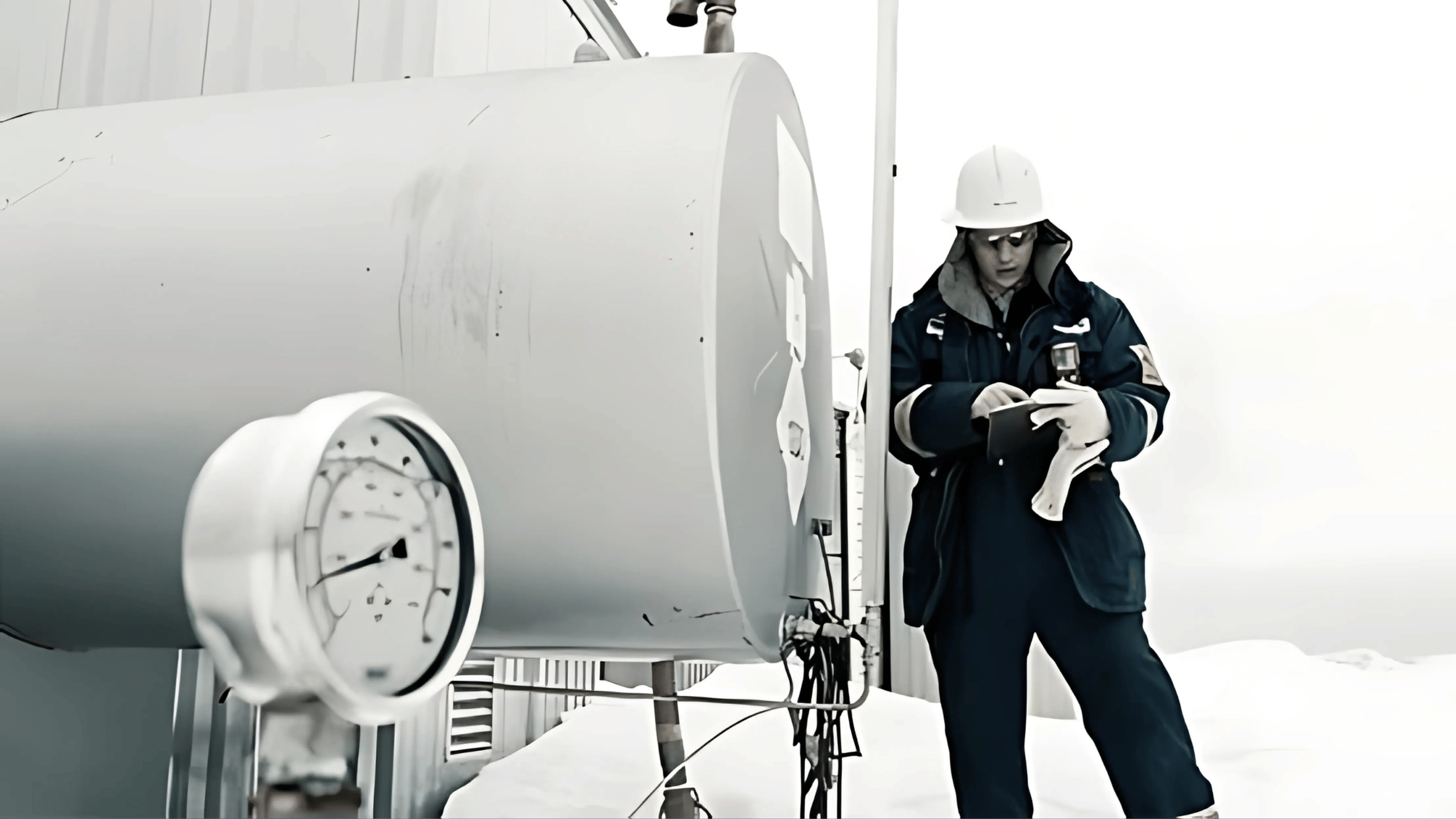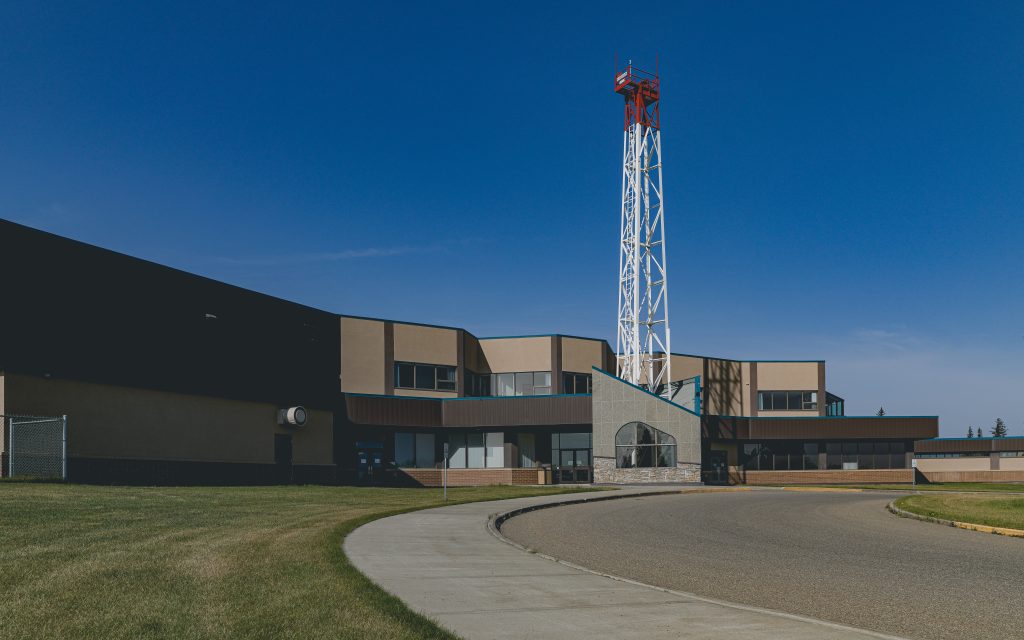Houston, TX |
HOUSTON, TX (July 31, 2019) – Detechtion Technologies, the global leading Industrial IoT and Mobility solution provider in the oil and gas industry, today announced the latest release of Enbase™ Dashboard, Version 4.0. This new release enhances integration and interoperability through a new public API, directory server integration and single sign-on with other Detechtion products.
The new Enbase™ Dashboard public RESTful Application Program Interface (API) is an expansion and improvement over the previous API. It is more extensive and flexible and offers improved troubleshooting tools, including a user interface to support integration development. With the new API, companies can now send their assets, such as compressors or chemical tanks, customers, users and more from their systems of record, such as an ERP system, directly to Enbase™ Dashboard’s API for easy integration within their software ecosystem. Likewise, measurements, alarms and events can be requested from the API for insertion into a data lake or for manipulation via visualization software.
Enbase™ Dashboard V4.0 also integrates with a Detechtion directory server, which enables a single user account for login to both Enbase™ Dashboard and Enalysis™. External directory server integration can also be configured, allowing companies to govern Detechtion product access through their existing directory server and user management processes.
Also new in Enbase ™ Dashboard V4.0 is single sign-on between Enbase™ Dashboard and Enalysis™. A user will be able to log in to one of the products, and, in the same browser, open another without being prompted to log in again.
“Enbase Dashboard V4.0 enables our customers to automate previously manual workflows by leveraging the new API and directory server integration,” said Colin Hendricks, Senior Vice President of Software at Detechtion. “We recognize that while the fully integrated technology stack we provide with our Enbase product line greatly accelerates time to market for our customers, they don’t want their data isolated in our system and increasingly have needs to integrate this data across their ecosystem.”



